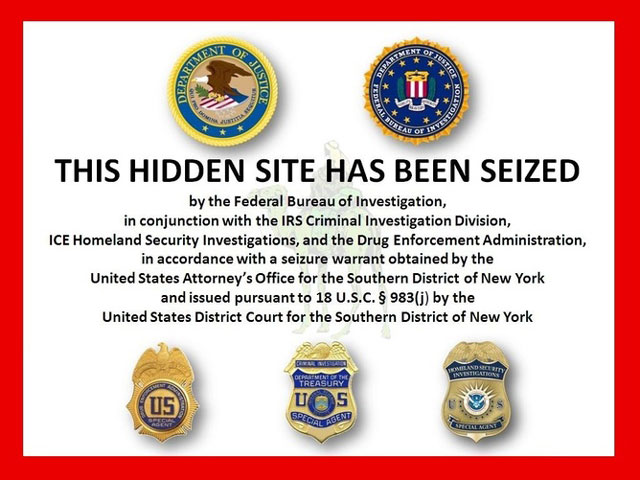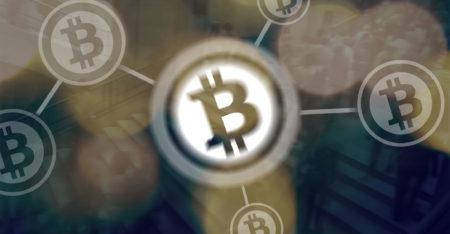
Ross Ulbricht, also known as “Dread Pirate Roberts”, has been sentenced to life in prison without parole by a Manhattan federal court for masterminding the Silk Road anonymous online illegal marketplace. Ulbricht was labelled a drug dealer and criminal profiteer, and the court was unequivocal in stating that “a message must be sent out that no one is above the law”.
The Silk Road was an online marketplace designed to allow users to conduct illegal business anonymously beyond the reach of law enforcement. It operated like an eBay for illegal goods, complete with the opportunity for buyers to provide feedback scores to sellers so others could gauge their trustworthiness and quality of product.
The site used a mix of sophisticated privacy technologies to try to hide the identities of its users. Run as a Tor hidden service within the “dark Web”, Silk Road’s servers were only accessible through Tor software in order to mask their Internet protocol addresses and physical location. Transactions were carried out using bitcoin due to the pseudonymity it affords. Buyers and sellers guides were available on the website to assist in using the technology without detection.
Officially, the FBI insists that Ulbricht made mistakes which allowed detectives to uncover his identity and location. The subsequent sites that attempted to follow in its wake were brought down through similar mistakes. But the evidence and explanations given by the FBI in court were not convincing, leading to rumours that the FBI used malware or enlisted the NSA to help track down Silk Road and its users within Tor.
It is already known that Tor users are vulnerable at the point that traffic enters and exits the Tor network. Generally, though, it is thought that users cannot be tracked within the network — but if there is some basis to the speculation that the FBI used malware or enlisted the help of the NSA to bring down the Silk Road then it may be possible that to identify the real IP addresses associated with Tor traffic. Certainly this would put an end to any chances of a new Silk Road, and it would also inevitably lead to prosecution of much of the other illegal activity that goes on within the dark Web. On the other hand, the lack of moves by law enforcement suggests this may not be the case.

The limits to the anonymity afforded by bitcoin has also been highlighted. While the value of bitcoins remains within the blockchain, the anonymity persists. But for the owner of bitcoins to realise their value, they must be spent or transferred through exchanges into real-world currency — at which point the owner is liable to be traced. Once a wallet ID has been linked to an individual bitcoin, transactions become highly traceable, as all transactions involving that ID are viewable on the public ledger. This is why governments are choosing to regulate to bitcoin through digital exchanges.
Unless bitcoin becomes more readily accepted, then it will be hard for criminals to avoid the temptation to cash out at digital exchanges, linking them to their ill-gotten gains. However, there may be other cryptocurrencies with the means to get around these weaknesses in the future.
So, while the Silk Road and several of its immediate successors are gone, the suggestion that the technology behind these marketplaces is flawed is based on speculation that the FBI or NSA have cracked them. If the FBI’s claims that Ulbricht and Blake Benthall of “Silk Road 2.0” were caught due to their own mistakes are true, then it’s still possible for similar anonymous marketplaces to escape prosecution in the future.
Of course, in light of the severe sentence handed to Ulbricht, it will depend on whether those would-be entrepreneurs with plans to found other online marketplaces have sufficient belief in the technology’s security to try their luck. So perhaps the judge’s aim in sentencing to deter others could still play a part.![]()
- Matthew Shillito is PhD student at the University of Liverpool
- This article was originally published on The Conversation




